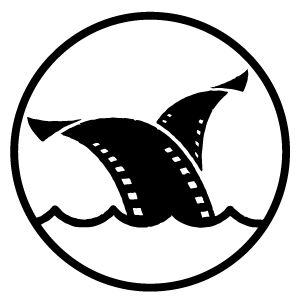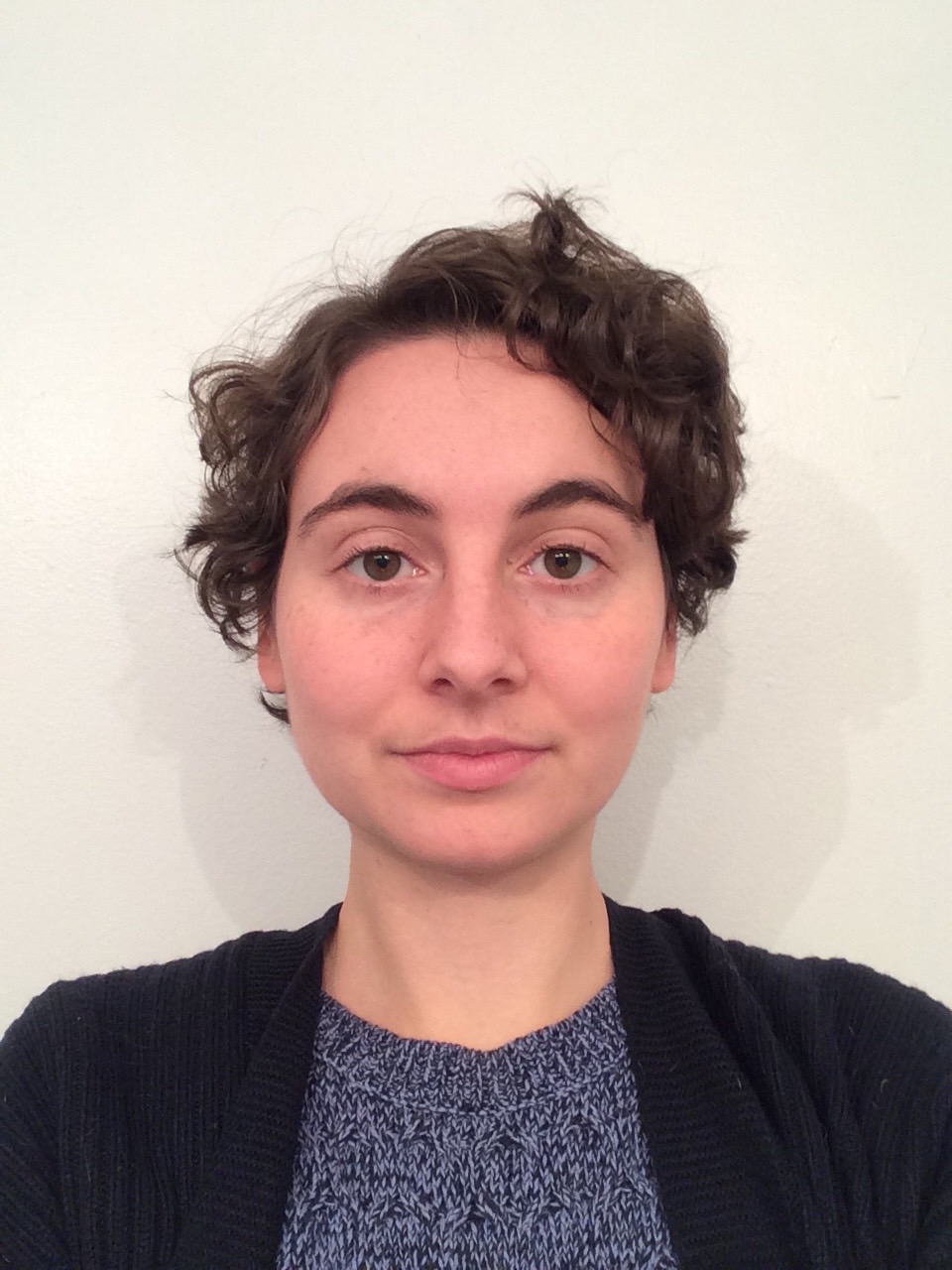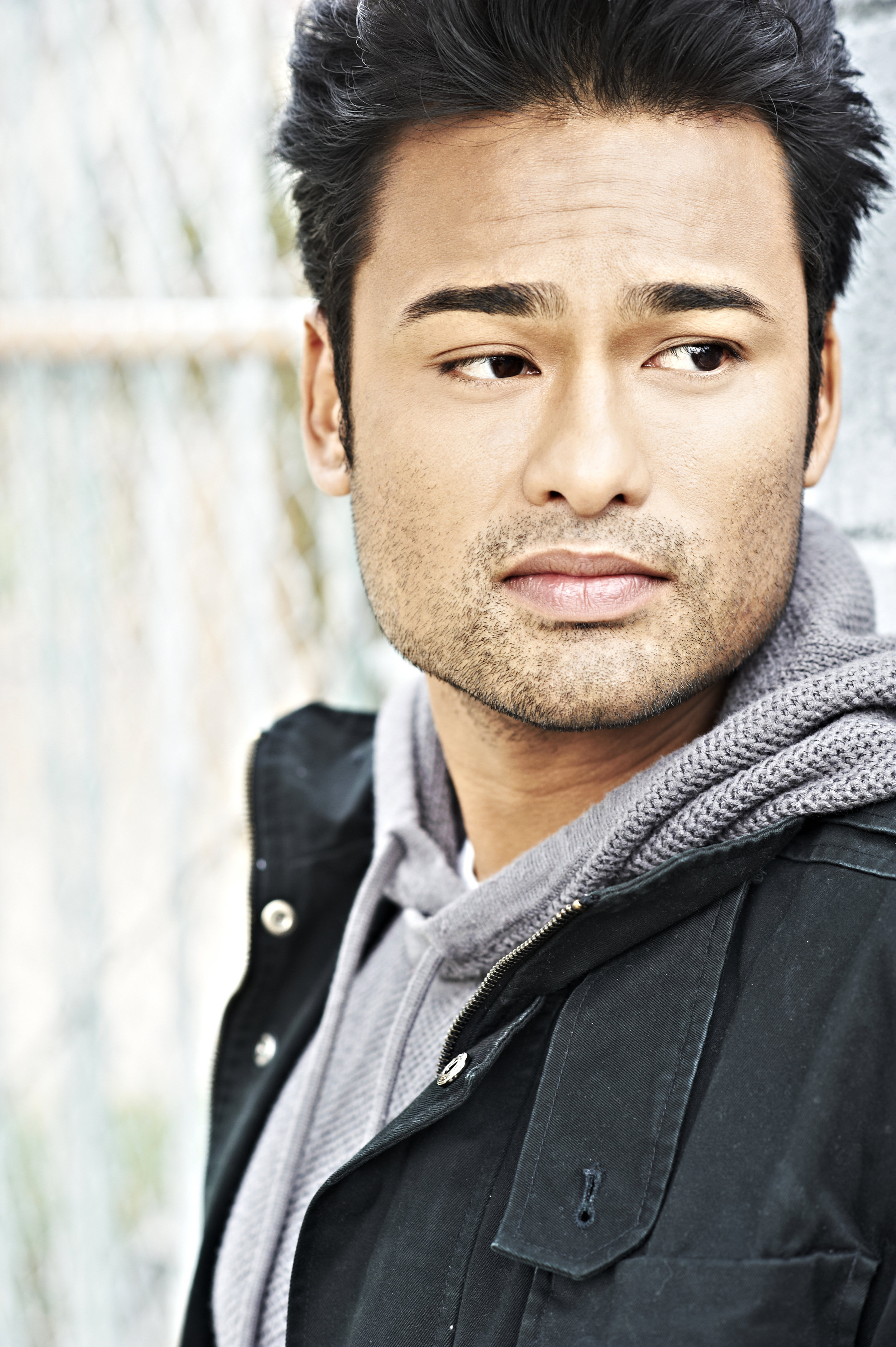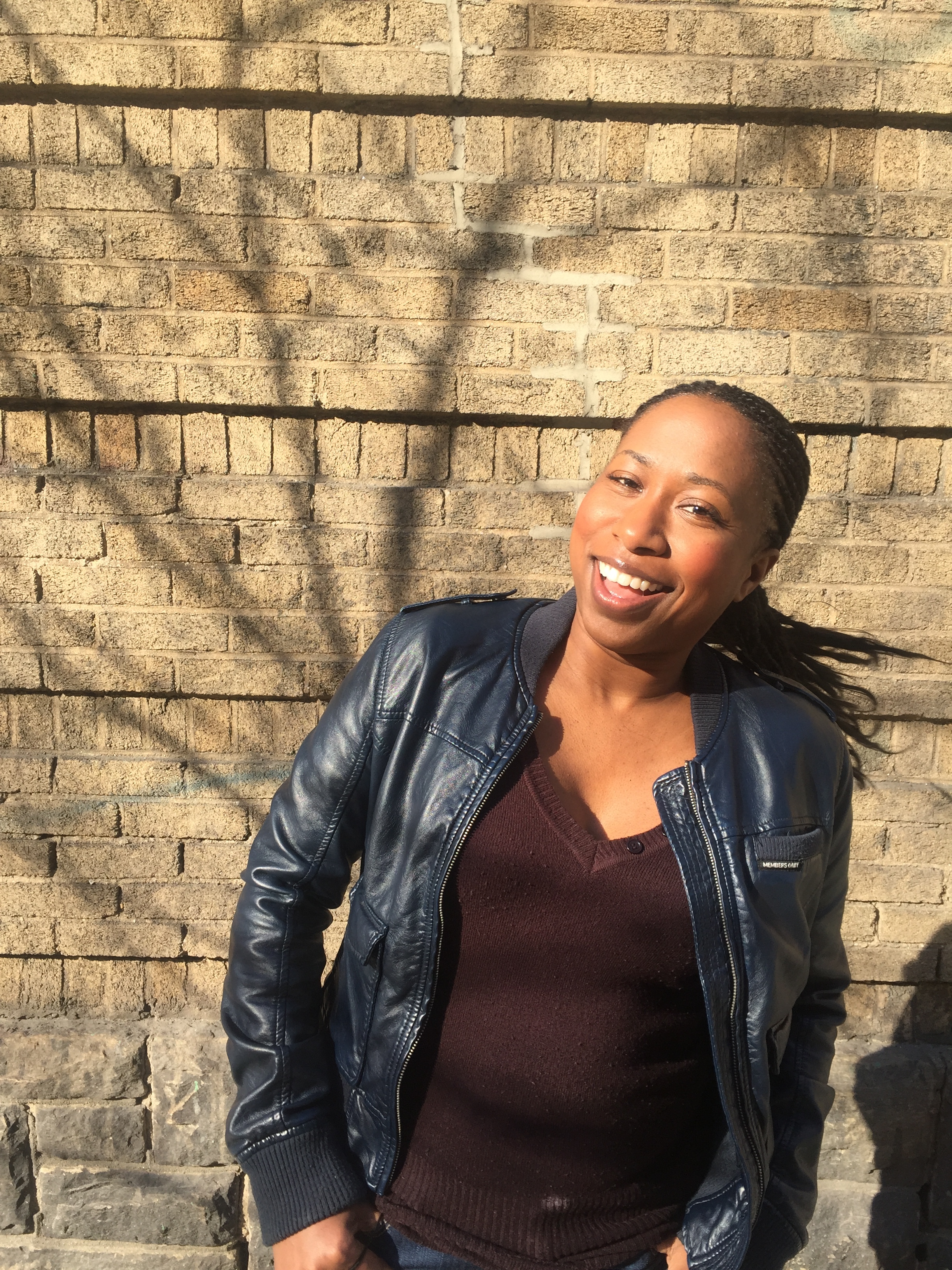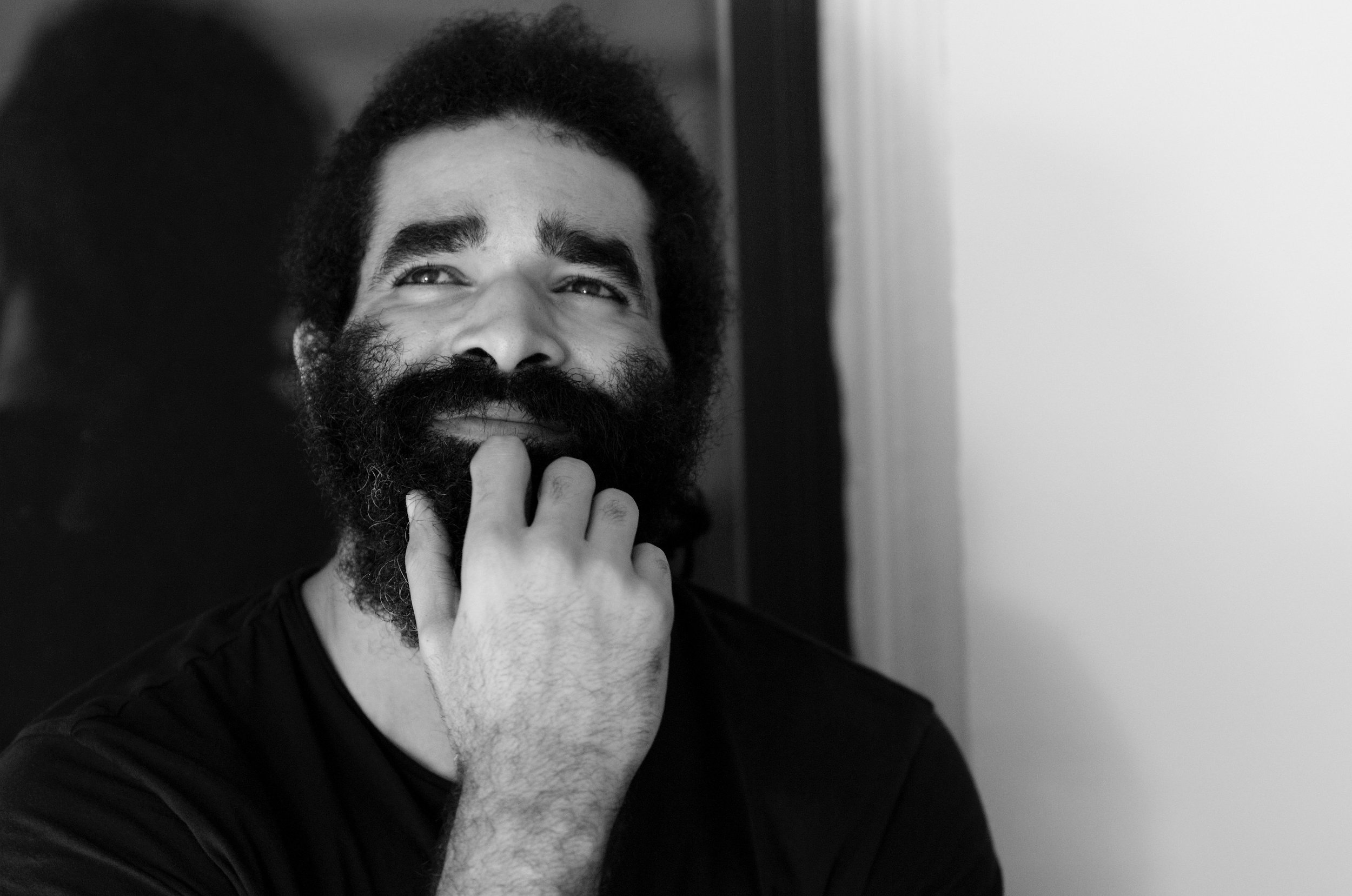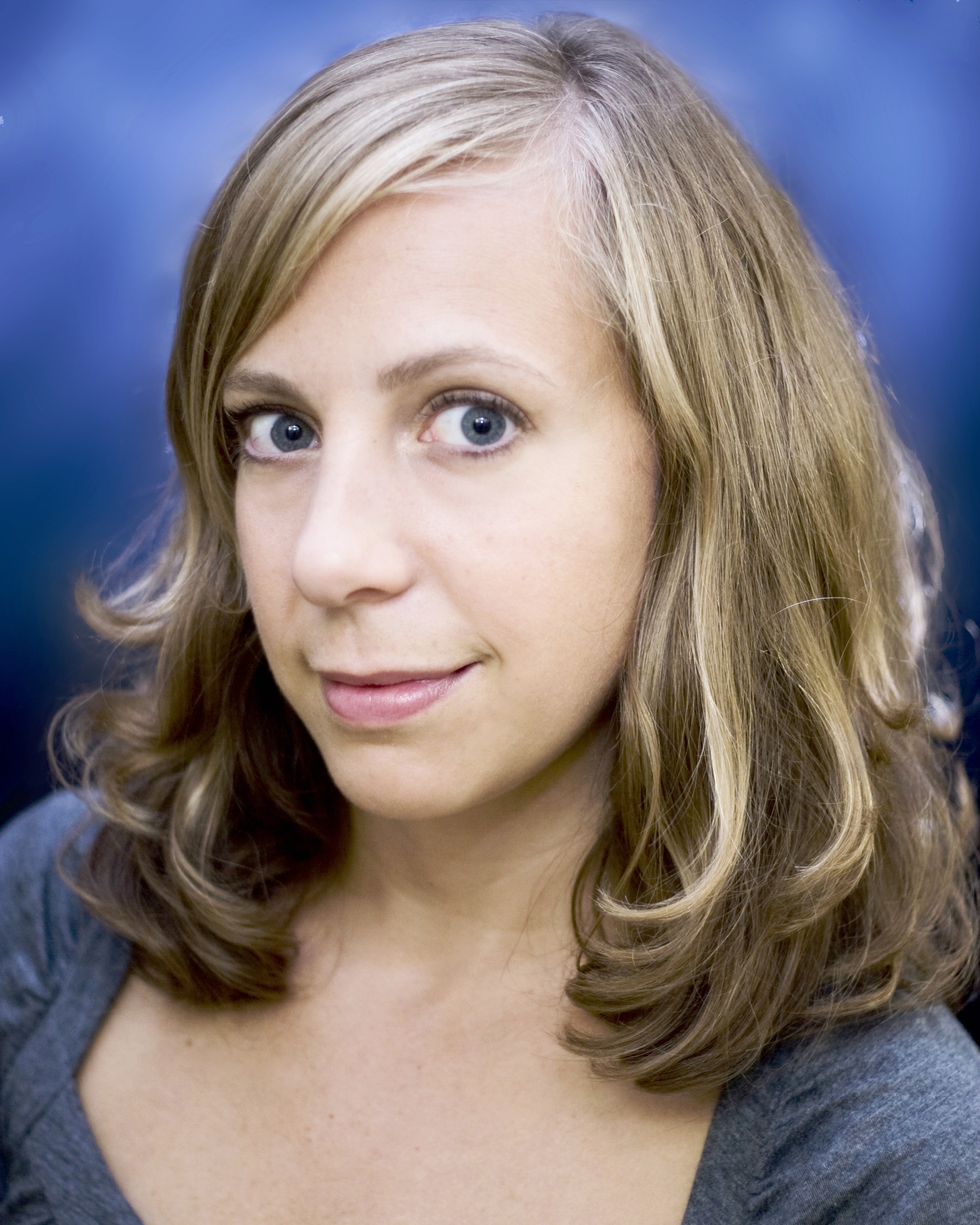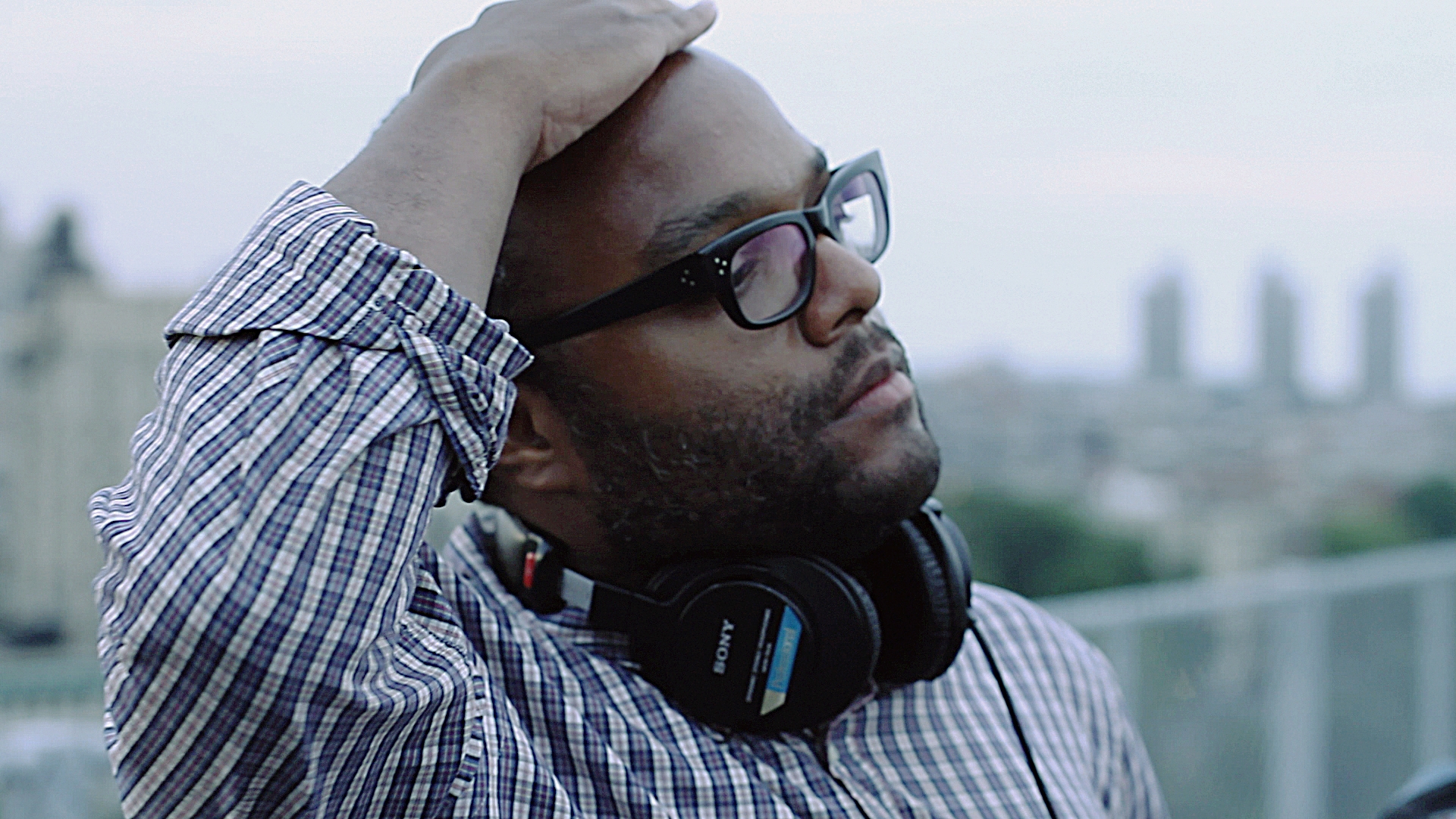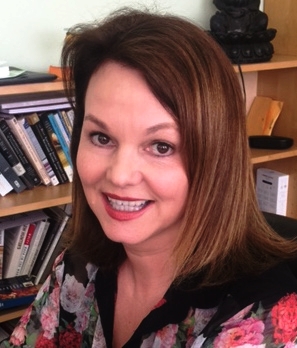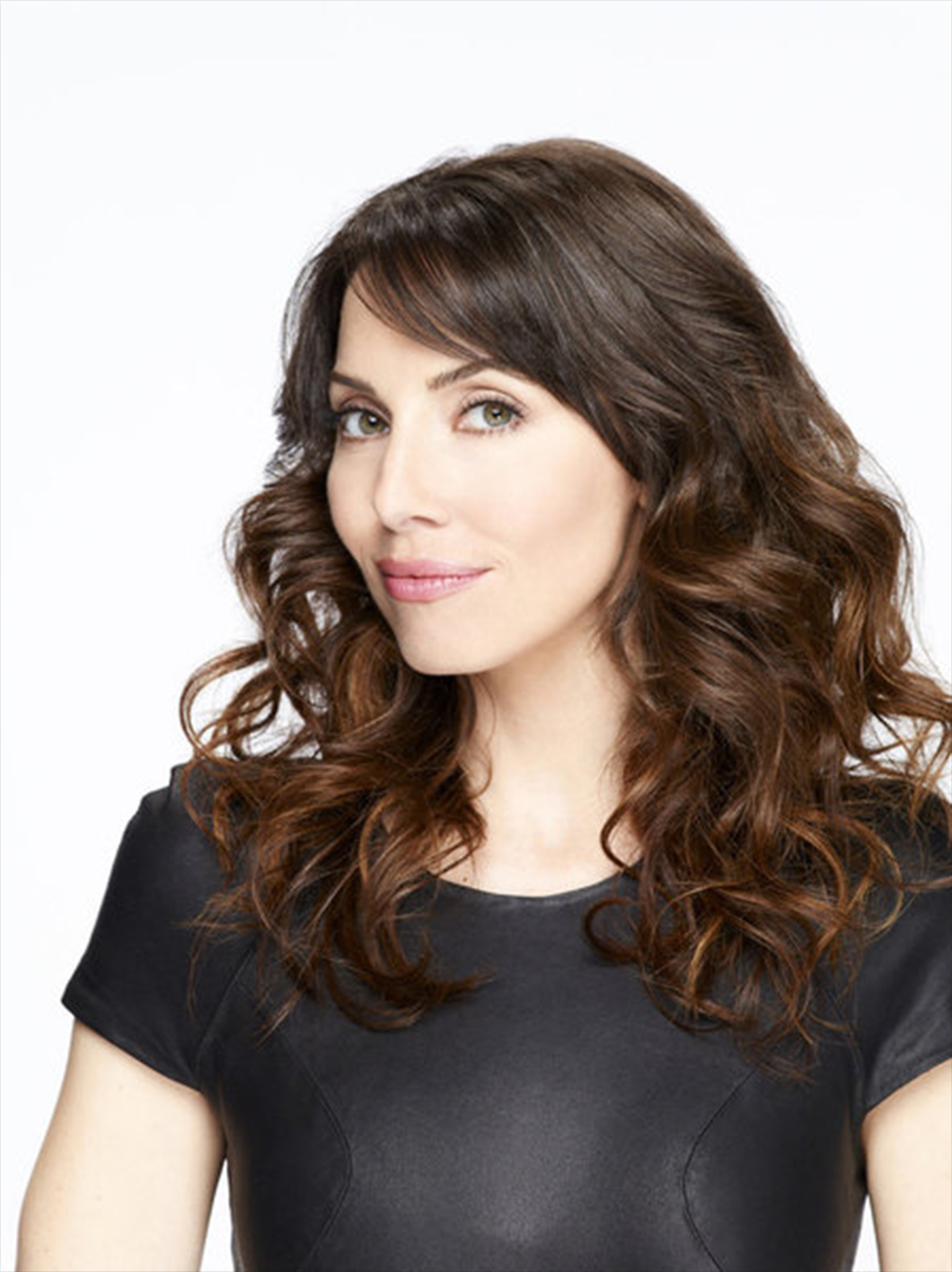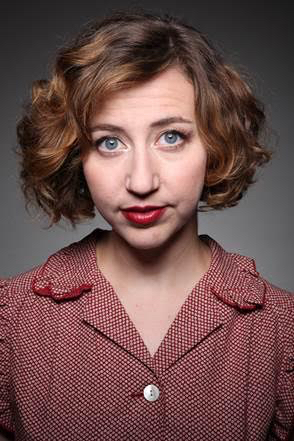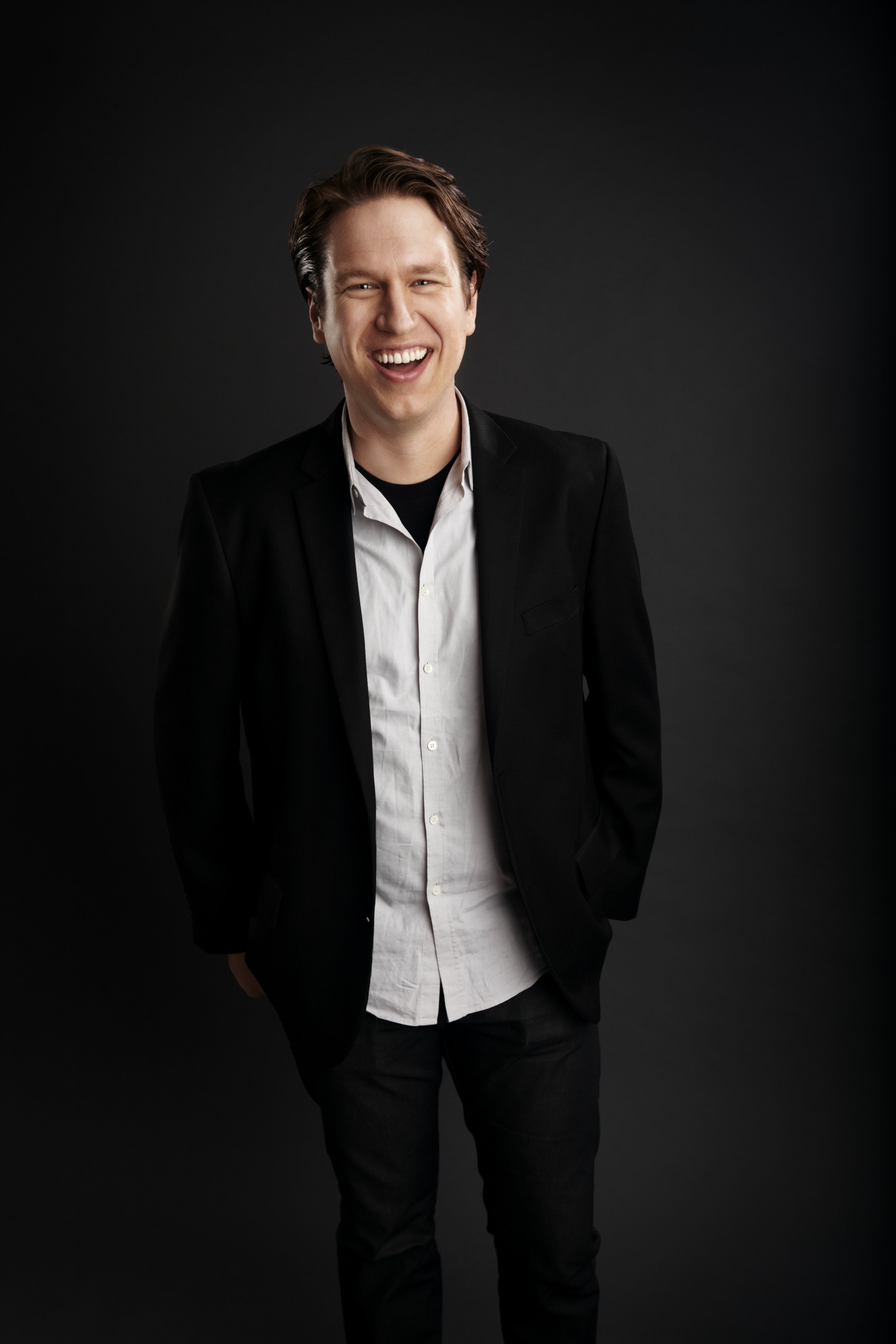Five Questions With... Jody Hassett Sanchez, Director of MORE ART UPSTAIRS
/Who gets to decide what is good art? For three weeks in Grand Rapids, Michigan, the general public carries as much sway as international art critics. At ArtPrize, the world’s most-attended art show, both groups have equal power to award $500,000 to the best of a pool of more than 1,500 submissions. MORE ART UPSTAIRS is a fascinating and entertaining demonstration of what happens when the cultural elite butts up against Midwest populism.
We spoke with director Jody Hassett Sanchez about the film - read more below, and join us for a screening on Wednesday, June 21 at 4:00 PM and/or Thursday, Jun 22 at 9:15 AM!
NFF: How did you become familiar with ArtPrize?
Jody: I was intrigued after reading a snarky review that derided ArtPrize as a naked bid to buy cultural cachet in a flyover state. Whenever a writer becomes that vexed about something, I figure it’s worth investigating. I also have a serious art collector friend who attended and told me about the absolute mobs of families, from great grandmothers to triplets in strollers that wait in long lines to see the art.
When I first came to Grand Rapids to check out the scene, I adored how you could walk into any local bar and folks wouldn’t be debating politics or sports but art! During the three-week competition, the evening news broadcasters breathlessly report on the art and the local papers feature it on their front pages. It’s this alternative reality in this small Midwestern city!
NFF: Do you have a background in visual or performance art?
Jody: Is making films a visual art? I think so! My interest in art probably can be traced back to being traipsed through museums by my mum at a very young age and discussing the stories depicted in the Old Masters paintings. During college, I would regularly wander through the marvelous Smith College art museum when I was stressed out about an upcoming exam. Being able to return to a painting on different days at different times and really look at it might have taught me more than any of the art history classes I took.
I later helped to start a weekly art show at CNN International. They paid me to cover foreign policy and let me do art stories on the side!
NFF: Who do you think should be judging art: critics, audiences, or other artists?
Jody: We’re in this era of aesthetic pluralism, which has both an upside and a downside. The upside – everyone has a voice and we’re no longer reliant on a powerful critic to tell us what’s worth viewing. Everyone now has a say, which has created a new ecosystem of tastemakers online. I can’t remember who said it, but someone referred to this as the “zagatization of culture.”
You definitely see this happening in my film. About halfway through the contest, the public votes on the top twenty artworks. After that, people follow a route to those particular works on their phone, ignoring anything else along the way that they might otherwise stumble upon serendipitously and actually like.
The downside is that there are many times when we need someone knowledgeable to help us understand why a particular object is worth viewing, perhaps because of its historical context or its relationship to other art. Online, there’s so much free form resentment and people rage against anyone they perceive as being 'above' them or an authority figure. There’s still an important role for cultural critics and it’s unfortunate they are often dismissed as “elitists.”
NFF: How do you define "successful" art?
Jody: Often when you read about successful art, it’s the latest work to sell for multimillions at auction. I’m not sure “successful” is an adjective I’d use to describe a work of art. I am also weary of hearing about “important” art. I’m more interested in art that offers us an insight into the human experience or a chance to see the world through fresh eyes. But if I were forced to answer the question, I’d say art is successful if you are still talking or thinking about it after you leave the gallery or museum.
NFF: What surprised or challenged you the most while you were making the film?
Jody: I discovered that people who don’t spend much time around art have the strongest opinions about what is and isn’t art. The art critics and writers who visit ArtPrize have more expansive notions. They argue that art shouldn’t necessarily be judged on its technical or aesthetic merits, but on the ideas or concepts that the work explores. So they are much keener on conceptual or installation art than the public is. This tension between populist and professional ideas about art emerges as a major theme in the film.
NFF: Why are you excited to show the film in Nantucket?
Jody: Nantucket has always been a part of my life. I was born on the Cape and remember an early, soggy camping trip to the island with my Girl Scout troop. Subsequent visits have been slightly more elegant. As a journalist, I lived out of a suitcase for years traveling the globe. But my heart is never happier than when I get off the plane, breathe in the sea air and head to one of my favorite local fried clam joints.
NFF: What do you hope Nantucket audiences will take away?
Jody: For folks who find contemporary art intimidating or irrelevant, I hope they’ll leave the theater with a few new ideas about how to look at art. As one of the characters in the film puts it, thinking critically about art is a great way to start thinking critically about everything else.
For people who are already big art supporters, my hope is that they might consider why the American public has been thoroughly alienated from the fine arts while, paradoxically, continuing to enjoy museums for the sake of sensation and spectacle, much as it enjoyed circuses a century ago.
